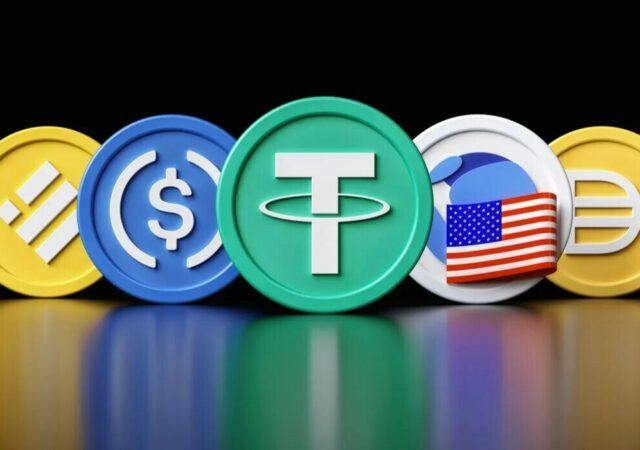The world already knows that Ripple Labs won against Security and Exchange Commission (SEC). This win was discussed in the Messari-sponsored fireside chat last September. Present were: Brad Garlinghouse, Ripple Labs CEO; Ryan Selkis, Messari CEO; and Stuart Alderoty, Ripple Chief Legal Officer.
The Messari Mainnet was held in New York from Sept 20-22, 2023. Blockchain executives gathered to discuss future-focused collaboration, networking, and programming.
Short Background on the SEC vs Ripple Labs Case
In December 2020, the SEC filed a lawsuit against Ripple Labs, alleging that they raised funds through unregistered security assets offerings involving the XRP token. Ripple Labs chose to go to court, instead of complying with SEC demands and paying penalties.
On June 13, 2023, Judge Analisa Torres issued a court ruling that says that the XRP token is not a security – if sold on public exchanges or through programmatic sales. It wasn’t a 100% win on Ripple’s side. However, it exposed the weaknesses in the SEC’s argument.
What Did the Ripple Labs Say About the Court Ruling?
“Clearly – There is no question this was a victory – a big victory. Everything that the SEC cares about, they lost. A freight train was driver into Gensler’s argument that all of these are securities.”
– Brad Garlinghouse, Ripple CEO
Garlinghouse did not mince words when he said that a freight train was driven into the SEC Chair’s argument. He also casually mentioned that it took 3 years and $100 million before they got a favorable outcome.
The crypto community knows that Gary Gensler has a penchant for labelling any crypto project as an unregistered security. Judge Torres’ decision threw a wrench into the regulatory agency’s shotgun approach to regulating the industry.
Messari top executive Selkis’ also commented that it seems like the SEC does not have any intention of changing course until Gensler’s term expires.
While Ripple Labs Chief Legal Officer further debunked the SEC’s belief that digital assets are security by stating that “There is nothing in the law that constitutes a Crypto asset security”. He also stated that the “SEC did not really apply the Howey Test”.

A Closer Look at the Howey Test
The Howey Test is used to find out if an asset is a security or not. A security is a type of investment that is regulated by the US government to protect investors from fraud.
This test was created when the Supreme Court in 1946, had to decide if a company called W.J. Howey Co. was selling securities or not. The Howey company was selling parcels of land with orange trees in Florida. The company also takes care of the trees and sells the oranges to buyers. Investors just needed to pay and expect to take profit from the venture.
The Supreme ruled that this setup was a security because it met 4 criteria:
- There was an investment of money.
- In a common enterprise.
- With expectation of profit.
- To be derived from the efforts of others.
Any investment instrument that satisfies the four criteria will automatically be labeled as security and should be regulated by the government.
The Ripple Win is for the Whole Industry
Gensler has always been seen as the nemesis of the crypto world. When he first became the SEC chair, there were high hopes because he used to teach about blockchain at the Massachusetts Institute of Technology. But to the dismay of the industry, he quickly transformed from Anakin to Darth Vader. He initiated several cases against crypto companies which led to a lot of fear and uncertainties in the digital assets space.
Lawmakers who saw what was happening questioned his leadership. A representative even wanted to pass a bill to oust him.
Ripple did a good job of defending the crypto space. Instead of admitting they were wrong and agreeing to a fine, the company instead fought it out in court. The court ruling can now be used as guidance for crypto projects and exchanges. Ripple executives refused the easy way out because they knew they were right, and they wanted to create a precedence for the good of all. It is a $100 million well spent.





